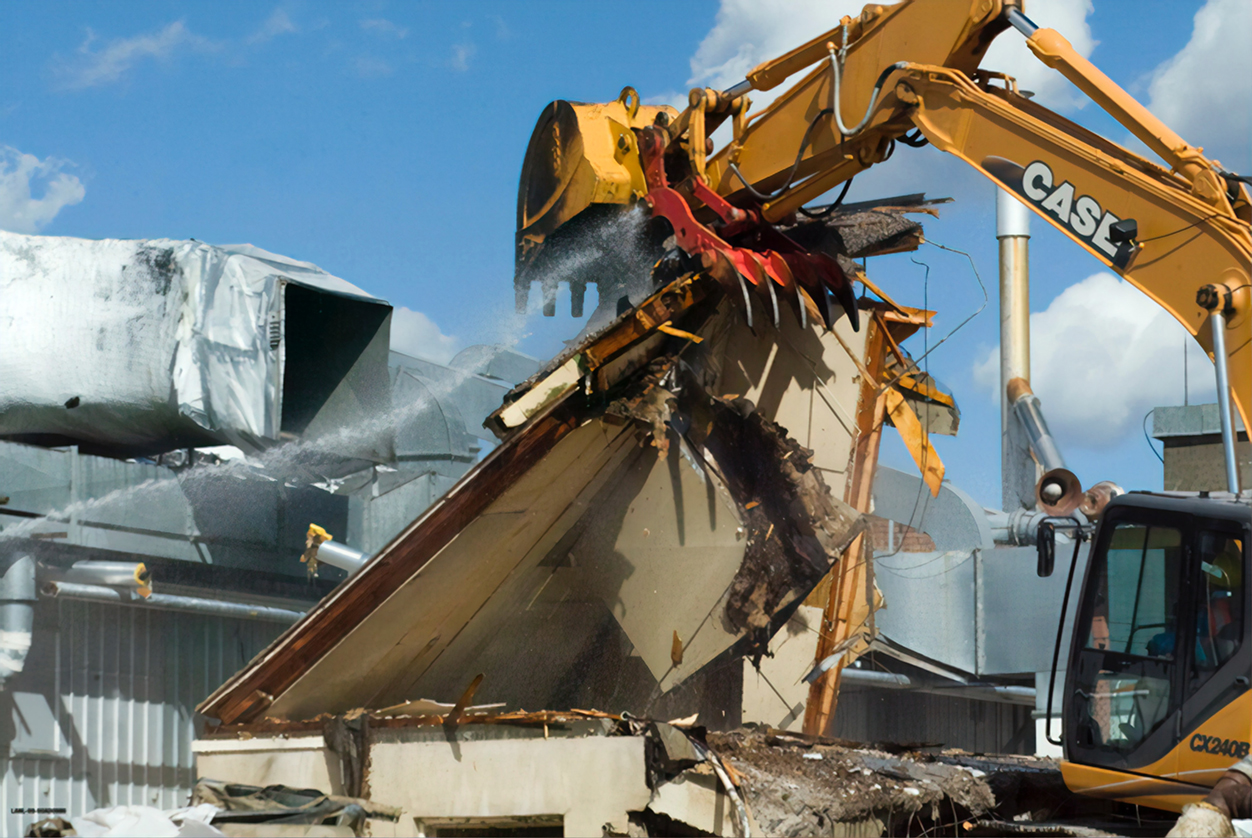What Goes Up (Must Come Down): Escalation Clauses In A Pandemic Era

Depending on which news channel you subscribe to, we are entering an era of inflation or deflation or a Goldilocks economy. One view is that disruption to global supply chains will lead to rapid price escalation which in tandem with a loose monetary policy by almost every developed country in the world, will lead to a large increase in prices of basic commodities and fabricated products. Another and completely different view is that mass unemployment will suffocate demand which in tandem with the exact same loose monetary policies will result in large decreases in prices of basic commodities and fabricated products. And a third view is that everything will be just fine after we travel over a few road bumps.
Which view is the correct one? In these matters, as Pliny the Elder said nearly 2,000 years ago, the only certainty is that nothing is certain. Except, of course, if your contract contains a price escalation clause, in which case you may want to posthumously correct good ol’ Pliny.
1. Where would I find an escalation clause?
Escalation clauses are a creature of contract and, as such, are typically negotiated by the parties. That means that not every construction contract will contain one and even for the contracts that have one, the language will not be uniform. If your contract contains an escalation clause, it should be read in the context of force majeure, emergency, change order, and other provisions in the contract to understand its scope and impact.
2. How do escalation clauses work?
At their essence, escalation clauses are risk allocation provisions. If labor or materials increase during construction, an escalation clause specifies which party is responsible to bear the cost of the price increase.
Because escalation clauses are negotiated into contracts, they are not uniform in all contracts. Some clauses are immediate in that increases in labor and materials are captured immediately. Some are percentage-based and only become effective once an increase in labor or materials reaches or exceeds a specific percentage increase. Some clauses may be for specific materials that are likely to face increased price volatility during the pendency of the construction project. Some escalation clauses share the risk of cost increases.
An escalation clause premised on a commodity exceeding a specified percentage increase might look like the following.
If the price of material, equipment, or energy increases during the term of the Contract through no fault of the Contractor, the amount of this Contract will be increased accordingly. The Contractor will be entitled to such an increase if the cost of materials, products, or energy increase by more than 2% over the amount quoted to the Contractor between the date the Contractor executes this Contract and the date the materials, products, or energy are delivered to the Project. In the event of such increases, and upon written documentation establishing the extent of the increase, the Contract amount will be equitably adjusted by change order.
3. How do courts enforce escalation clauses?
Texas courts have long given deference to parties’ freedom to contract. As it applies to escalation clauses, the Texas courts that have addressed them, have usually enforced them.
Not surprisingly, many of the Texas cases interpreting the enforceability of escalation clauses relate to oil and gas contracts. Of those, many pertain to ceilings placed on oil and gas prices during the 1970s oil crisis. Even though typically enforceable, escalation clauses are still subject to collateral attack as being ambiguous or unconscionable.
Some contracts also contain corollary delay clauses that allow equitable adjustment to the contract time and contract price for delays associated with the delivery of materials to the project site. Those causes may, but do not have to be, tied to disruptions in the supply chain.
In determining the breadth and enforceability of a price escalation clause, it is advisable to consult with legal counsel licensed in the state whose laws govern the contract. The attorneys in our Austin and Dallas offices are available to answer any questions you may have.
Legal Disclaimers
This blog is made available by Gerstle Snelson, LLP for educational purposes and to provide general information about the law, only. Neither this document nor the information contained in it is intended to constitute legal advice on any specific matter or of a general nature. Use of the blog does not create an attorney-client relationship with Gerstle Snelson, LLP where one does not already exist with the firm. This blog should not be used as a substitute for competent legal advice from a licensed attorney.
©Gerstle Snelson, LLP 2020. All rights reserved. Any authorized reprint or use of this material is prohibited. No part of this blog may be reproduced or transmitted in any form or by any means, electronic or mechanical, including photocopying, recording, or by any information storage or retrieval system without the express written permission of Gerstle Snelson, LLP

